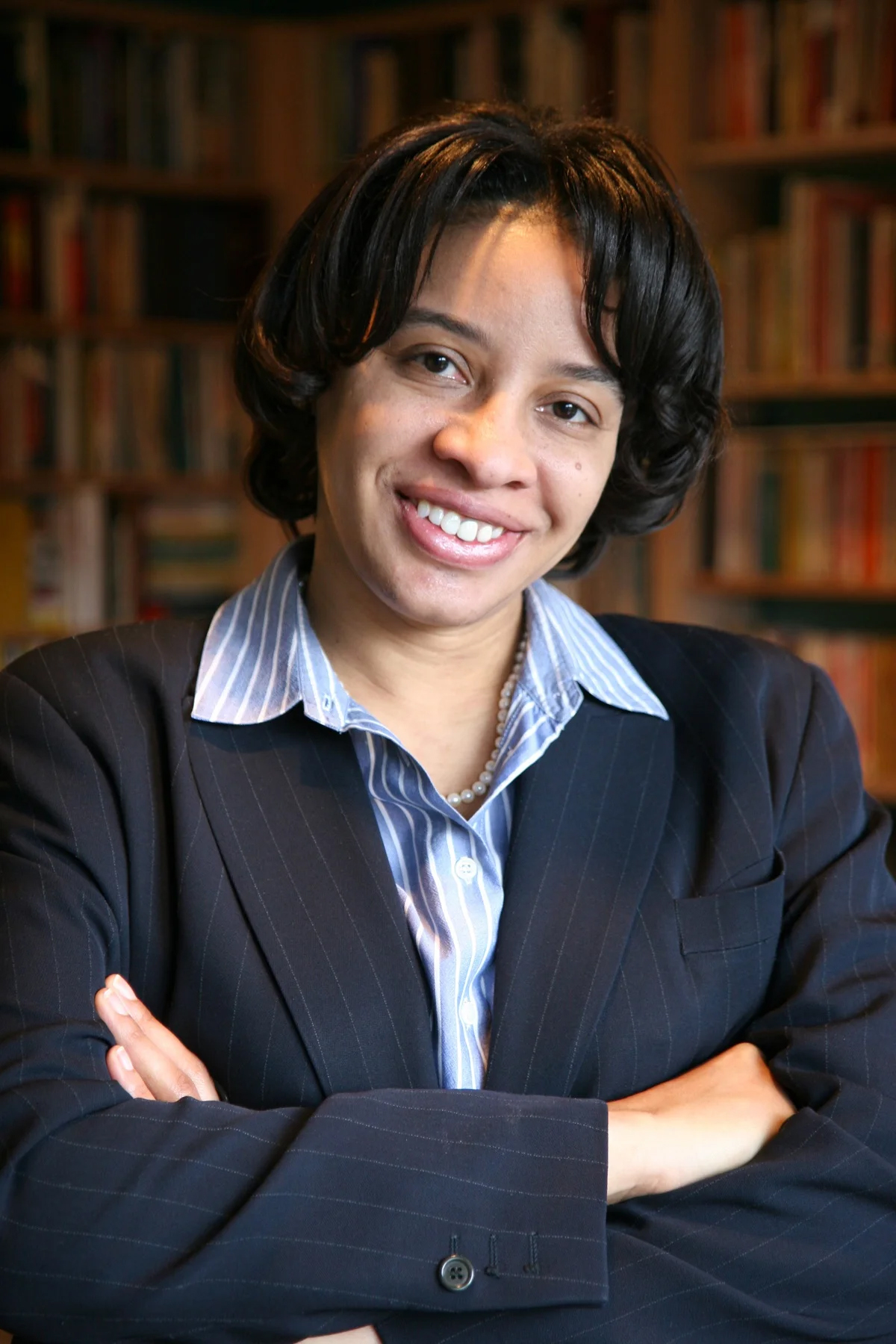Angela D. Dillard
Keynote Address: "Bringing the National Student Success Movement to Michigan - Charging Down the Silos & Surfing the Wave of Decentralization"
This presentation details the ongoing efforts to build a Student Success Initiative on Michigan's Ann Arbor campus, from its formal inception in a Winter 2023 task force report to the nuts and bolts strategies that have been deployed since January 2024 when Vice Provost Dillard was appointed. Dillard will discuss how she and her growing team of collaborators have used data-driven and evidence-based approaches to navigate a series of opportunities and challenges on our highly decentralized campus.
Biography

Professor Angela D. Dillard is the Richard A. Meisler Collegiate Professor of Afroamerican & African Studies, History, and in the Residential College where she is part of the Social Theory & Practice program. In August 2021 she was appointed as Chair of the U-M Department of History, and was named as the university’s inaugural vice provost for undergraduate education in January 2024. In the latter role she plays a pivotal role in overseeing and advancing continuous enhancements in the university’s educational mission for a diverse community of over 32,000 undergraduate students. In collaboration with schools and colleges dedicated to undergraduate education, Vice Provost Dillard orchestrates strategic initiatives that enrich the academic experience.
Dillard specializes in American and African-American intellectual history, particularly around issues of race, religion and politics — on both the Left and the Right sides of the political spectrum, and maintains an active interest in urban studies. Her first book, Guess Who’s Coming to Dinner Now?: Multicultural Conservatism in America (NYU Press, 2001) was among the first critical studies of conservative political thought among African Americans, Latinos, women and homosexuals. Her second book, Faith in the City: Preaching Radical Social Change in Detroit (U of Michigan Press, 2007), focuses on the interconnections of religion and political radicalism in Detroit from the 1930s to the 1960s. Both books reflect Professor Dillard’s interests in the study of political ideologies — how they emerge, how they get deployed in the context of political movements, and how they change over the course of time. Her current manuscript-in-process, tentatively titled A Different Shade of Freedom, is an attempt to write an "ideologically wide” history situated at the intersection of the post-World War II civil rights movement and the rise of the New Right.
She was faculty advisor for the Detroit School of Urban Studies for many years, and Co-PI on the Egalitarian Metropolis project, which is funded by the Andrew Mellon Foundation. In addition Dillard serves on the Executive Committees for the Bentley Historical Library; on the Advisory Board for the Mellon Foundation's College & Beyond, II study; and was a member of the design committee for U-M’s Inclusive History Project that officially launched this year.
Dillard maintains an interdisciplinary approach to teaching, including courses in African-American intellectual and religious history, on conservative thought, the use of science fiction as a form of social analysis, and urban studies. The city of Detroit is a site for much of her public history and community engagement work. She is a past member of the State of Michigan's Freedom Trail Commission, dedicated to preserving the histories of freedom seeking, abolition and the underground railroad in Michigan, and is part of the faculty team leading the Detroit River Story Lab. The Lab cultivates local partnerships to co-produce and elevate historically nuanced and contextually aware stories that center the Detroit River in the lives and struggles of its adjacent communities, with the ultimate goal of fostering a robust, place-based narrative infrastructure as a vital component to sustaining social and environmental justice efforts at the community level. You can read more about it in this article from the University Record.
